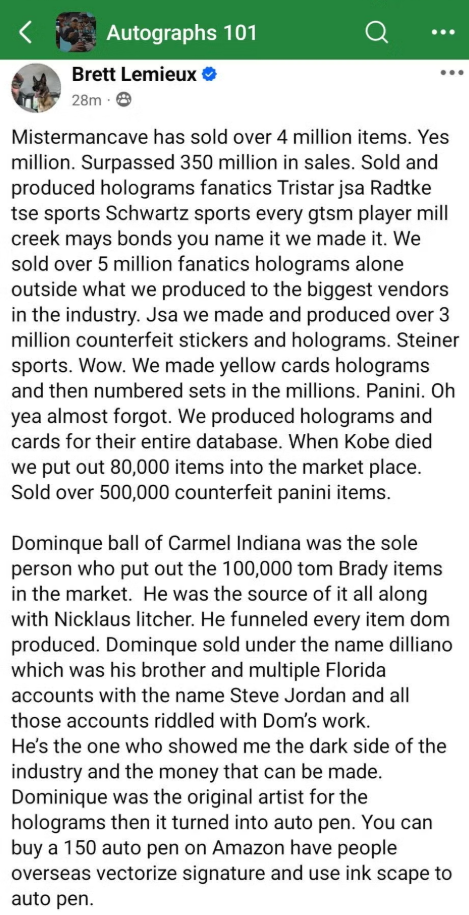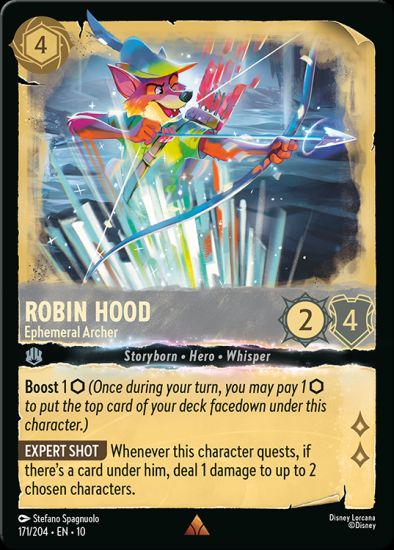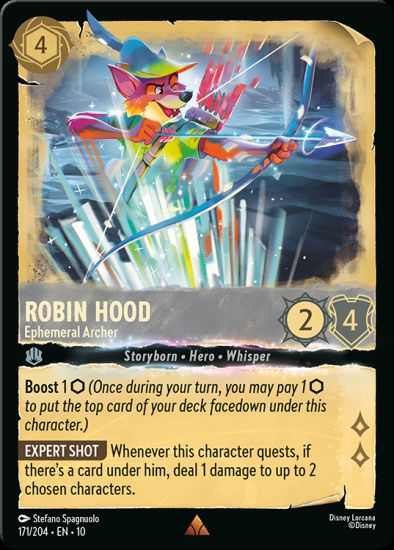Indiana’s sports collectibles market recently witnessed revelations that could shake its very foundation, thanks to a gripping scandal that unfurled in Westfield, Indiana. The intrigue reads like a modern-day thriller, complete with deception, an unexpected death, and millions of dollars involved. At the heart of this unfolding drama was Brett Lemieux, a reputable figure turned alleged counterfeiter, whose recent passing has sent waves rippling through sports memorabilia circles.
Officials swooped down on Lemieux’s alleged operation in a dramatic police raid, ending tragically with him found dead from what authorities describe as a self-inflicted gunshot wound. This grim discovery was the culmination of a probe into what is believed to be a multi-million dollar racket, where Lemieux purportedly masterminded one of the largest counterfeit sports memorabilia schemes in recent history.
The allegations are staggering. A post from the now-infamous Lemieux surfaced in the “Autographs 101” Facebook group, arguably the smoking gun in this case. It contained what some have called a full confession from Lemieux, detailing how he orchestrated a clandestine network to task nearly four million phony sports items onto unsuspecting collectors. The sheer numbers left aficionados and experts in awe: as much as $350 million exchanged hands, they claim, under the guise of authenticity.
A pivotal figure in this labyrinthine tale is Mister Mancave, Lemieux’s aptly named venture. It claimed to house “the largest framed jersey inventory on the web.” Yet this appeared to be more myth than substance, with its alleged Columbus, Ohio locale turning out to be nothing more than smoke and mirrors. Indiana saw the incorporation of Mister Mancave not once, but twice between 2018 and 2023, leaving speculators to ponder the web of deception spun over these years.
Lemieux’s confessional wasn’t just for shock value; it laid bare the methods used to exploit the collectibles market. His expertise in counterfeiting hologram stickers – the very seals of credibility provided by top authentication companies – was his pièce de résistance. This incredible ruse allowed questionable memorabilia to masquerade as legitimate, dodging the skeptical eye of seasoned collectors. After 2020, Lemieux is said to have flooded the market with 80,000 counterfeit Kobe Bryant items alone, complete with holograms that would pass an initial scrutiny.
However, it wasn’t just basketball getting faked. Lemieux’s reach extended across sports, with tempting but dubious deals like an Aaron Judge-signed baseball priced far below market competitors, sparking curiosity but also providing room for doubt. Lemieux’s discount deals hardly escaped the watchful eyes of industry insiders. The counterfeit stickers veiled a falsified gold mine that, with low prices and seemingly authentic seals, drew in scores of collectors hoping to grab a slice of sports history at a bargain.
As the dust settles around Lemieux’s revelations, the upright players in the memorabilia industry face a daunting task – restoring trust. Fanatics, a powerhouse in sports authentication, was already ahead of the curve with a recent overhaul of their hologram technology, a move designed to stem counterfeit tides even before Lemieux’s operation came to light. But the long-lasting implications of this scandal mean that their battle against the counterfeiters is far from over.
Not everyone, though, believes Lemieux’s bold claims. The numbers he cited – the $350 million figure, in particular – are under intense scrutiny. Some industry insiders flatly refuse such possibilities, deeming the financial scope unlikely without more concrete evidence. Experts like Steve Grad, a noted figure in autograph verification, point to advances in forgery such as autopens, which complicate the detection of faux items, thus underscoring the pervasive threat that Lemieux’s endeavors present.
Some saw it coming. There were whispers and suspicions when Lemieux showcased autographs from athletes who seemed to have skipped public signings for years. The mention of other names in Lemieux’s digital “manifesto” has added layers to the plot, with implicated dealers such as Dominique Ball of Indiana and Wisconsin’s Nickolas Litscher fervently denying involvement. The latter is reportedly seeking legal recourse, attempting to distance himself from a tainted association.
Now, as authorities untangle the network Lemieux allegedly managed with brands like Ultimate Sports, Signature Dog, and more, collectors are left in a quandary. This unsettling revelation prompts a prompt reevaluation of memorabilia authenticity and safeguards against similar transgressions. Underpinning this cautionary tale is a persistent reminder of the necessity for vigilance and innovative fraud-prevention measures across the collectibles community. The scandal isn’t just a situation to lament but also an impetus for systemic change, fortifying a market now acutely aware of its vulnerabilities.


